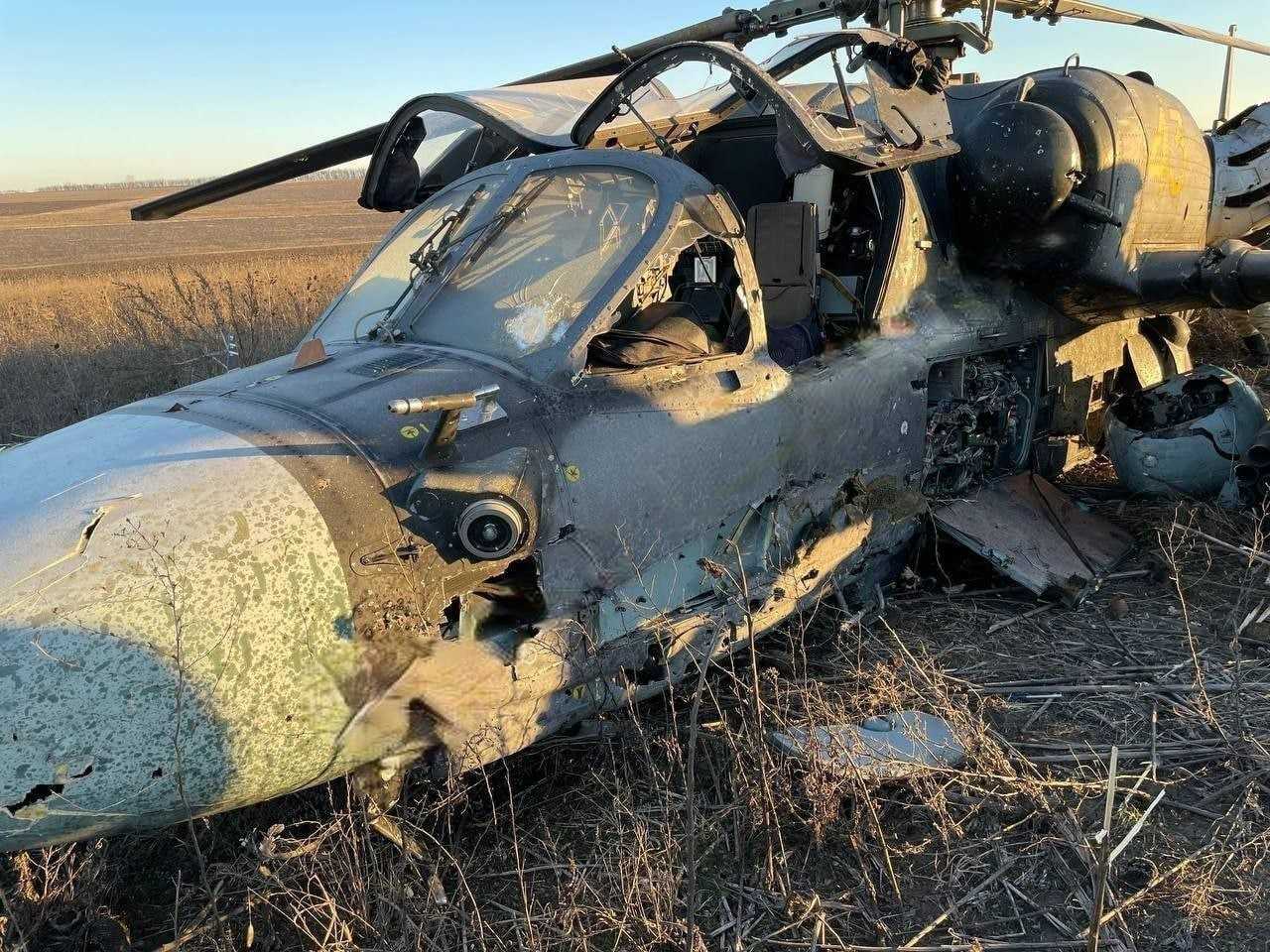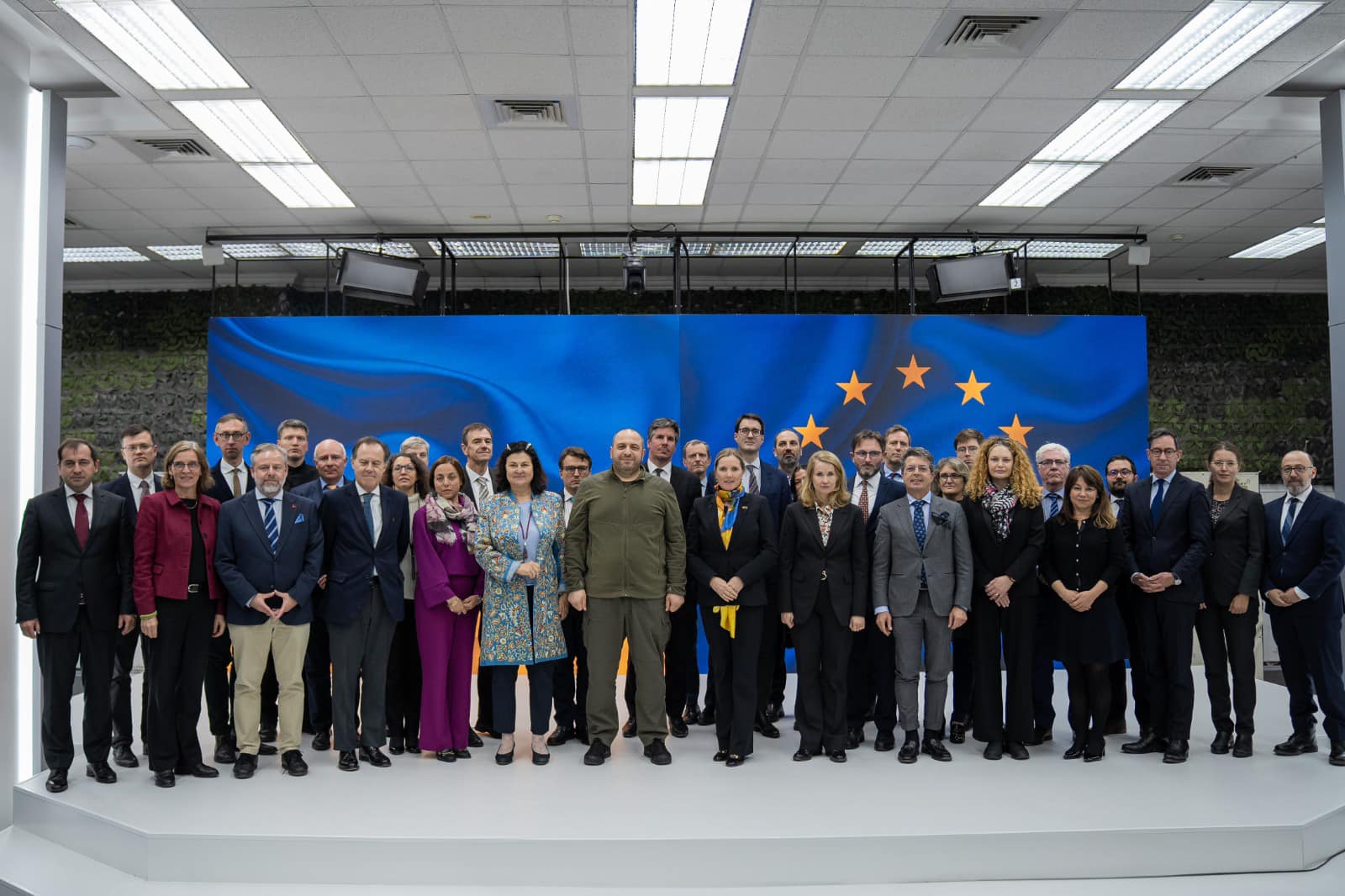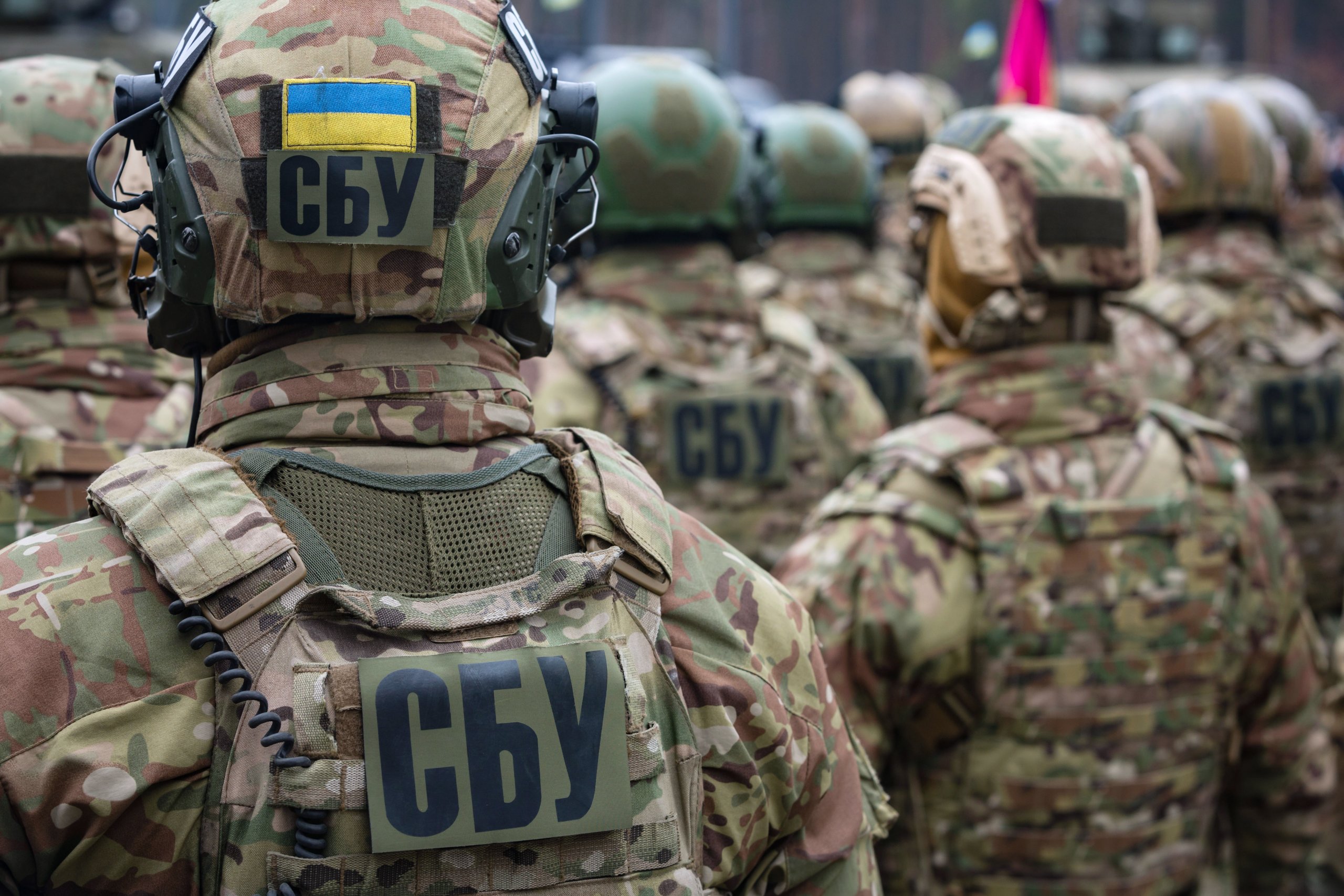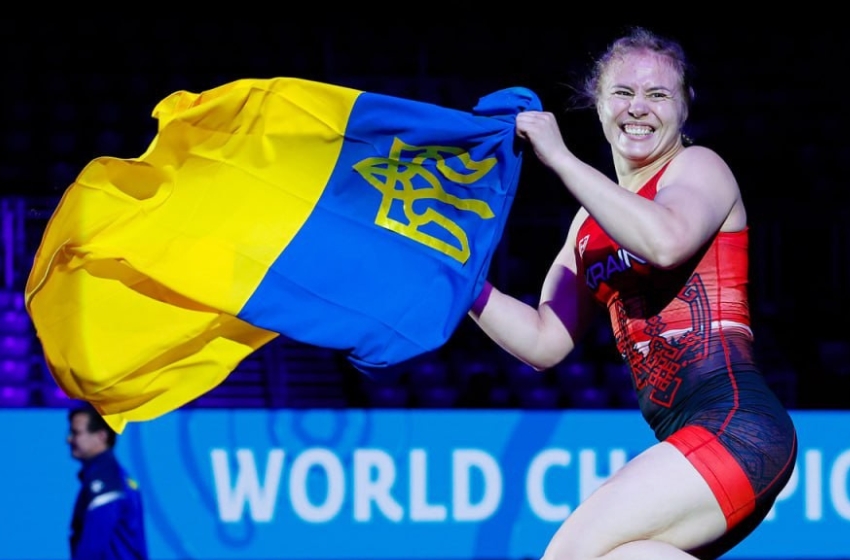The Kremlin is looking for opportunities to produce Russian weapons in Latin American countries. In Russia, it is believed that the localization of defense enterprises in other countries will eventually allow them to bypass sanctions and provide the Russian defense industry with the necessary components and equipment.
Specifically, Russia participated in the international exhibition of aviation and defense systems 'LAAD 2025,' which was held in Brazil. Russian representatives claimed to have held talks with delegations from countries with 'friendly relations with Moscow' regarding the possibility of joint weapons production with partial localization in partner countries.
The Russian side is offering to produce export versions of air defense systems (S-400 'Triumf,' S-350E 'Vityaz,' 'Tor-M2K,' MANPADS 'Igla-S'), combat helicopters (including Ka-226T), Su-57E fighter jets, cruise missiles (X-69, X-35UE, X-38MLE), as well as drones 'Orlan' and 'Orion.' Additionally, munitions with loitering action 'Kub' and electronic warfare systems are proposed for Latin America.
Moreover, Moscow wants to establish a joint venture in Brazil for the production and maintenance of 'Mi' series helicopters. Between 2008 and 2014, Russia supplied Brazil with 12 Mi-35M3 helicopters worth approximately $150 million. In 2022, these helicopters were removed from service due to maintenance issues caused by the Russians.
According to Russian views, the experience gained during the Russo-Ukrainian War 'has increased the attractiveness of Russian defense industry products on the external market.' The attractiveness has increased so much that Russian arms exports in 2024 decreased by 47% compared to 2022. Over the past five years, Russian arms exports have fallen by 64%, and Russia's share of the global arms market has decreased to 7.8%. While in 2018–2022, Russian supplies went to 47 countries, in 2024 they were reduced to 33. Asia and Oceania accounted for 74% of Russian exports, Africa for 12%, and Europe for 7.4%.
According to the Ukrainian Foreign Intelligence Service, the Kremlin will continue to promote the notion of the 'attractiveness' of Russian weapons and will attempt to conclude agreements to maintain its presence on international arms markets amidst sanctions isolation.






















